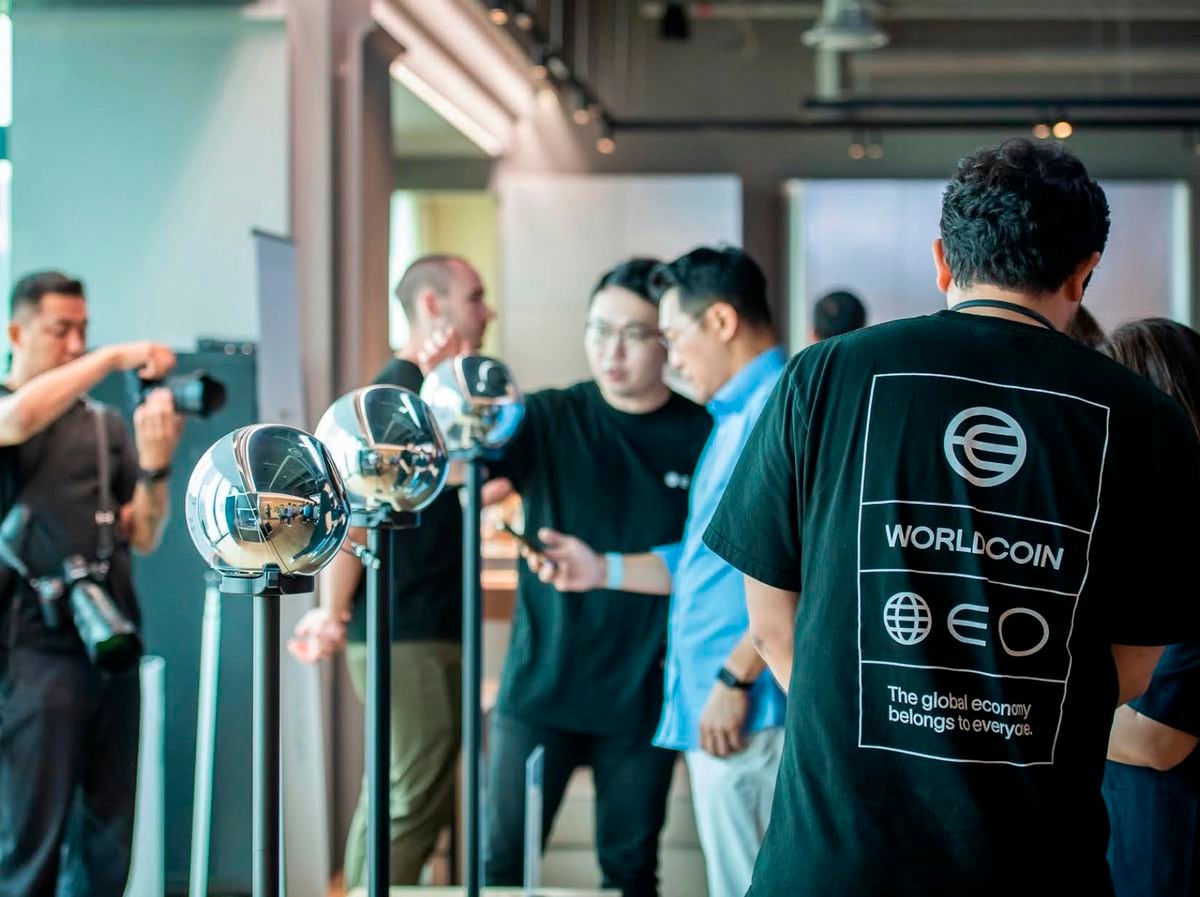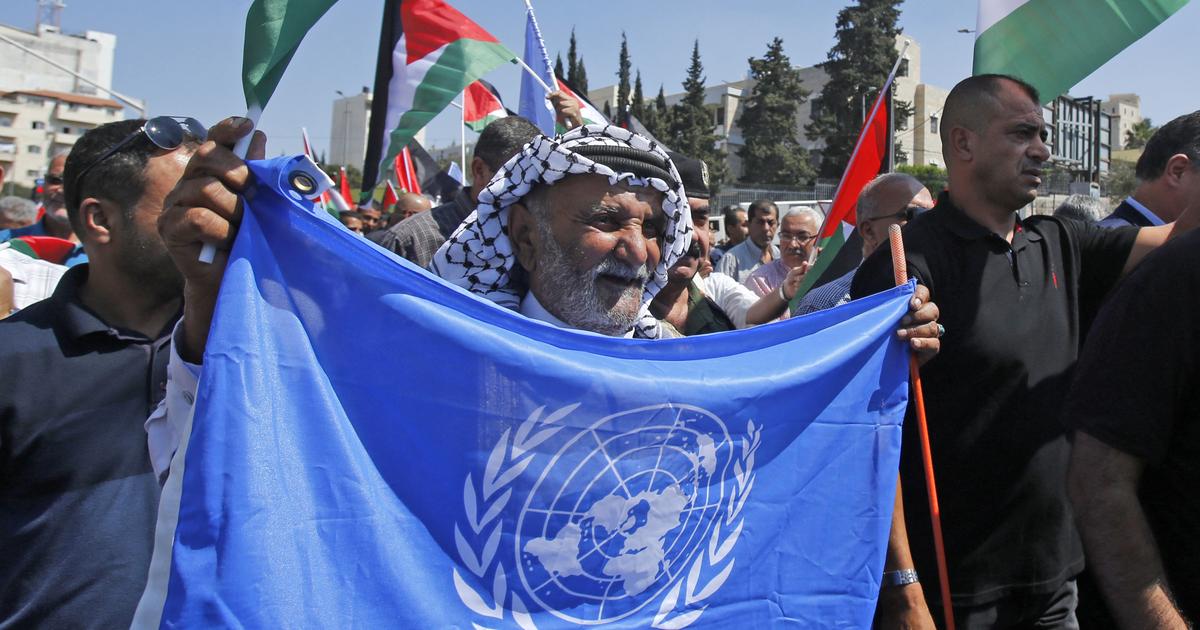New York-Sana
The United Nations General Assembly adopted the draft decision submitted by Liechtenstein and a group of countries on "the electronic voting mechanism for General Assembly decisions in the absence of the ability to attend in person" by a majority of 123 votes against the rejection of 19 countries, including Syria, while 29 countries abstained from voting.
Syria’s permanent representative to the United Nations, Dr. Bashar al-Jaafari, said in a statement during a meeting held by the assembly to discuss the project that my country’s delegation could not support the draft decision, and we hope the member states will vote with us against it because the new mechanism violates, even temporarily, the rules of procedures in force in the General Assembly and its committees, which are rules We have spent decades sculpting and working on it to reach its current form in the interests of all member states on a consensual basis.
Al-Jaafari clarified that the new project will create a precedent in the work of the United Nations and change the form and rules of this organization, especially as it deprives states of the privilege of personal presence and the exercise of their right to vote, not to mention the ambiguity of aspects of this project as its introduction did not specify a time frame with the validity of this mechanism, nor did it He clearly states the meaning of the exceptional circumstances that may make us resort to this mechanism, as if what is exceptional will become a basis for action.
Al-Jaafari stated that the draft of the new mechanism cannot be considered a formal matter only or a technical amendment to the rules of procedures in force as promoted by the project sponsors, but quite the opposite as it undermines the effectiveness and integrity of the agreed-upon procedures and breaches consensus in implementation of political interests and agendas that do not serve the collective interest of member states. It also imposes a set of invented rights for a number of countries at the expense of the international community.
Al-Jaafari pointed out that the basis on which the United Nations was built is equality among all according to Article Two of the Charter and the right of states to express their position and record their voice on an equal basis with others, but today some come and put this sacred right in the hands of an "electronic mechanism" that appears and conceals the voices of states on their mood and sends Fears of manipulation, loss of credibility and transparency, as this mechanism requires the availability of modern technologies that may not be available to many missions, and the evidence for this is the problems that we face in informal meetings that are held via video technology.
Al-Jaafari explained that these loopholes and many others prompted a considerable number of member states to hold a meeting with the President of the General Assembly, and more countries submitted a joint letter in their name to request a postponement of the vote on the draft resolution pending further legal, procedural and technical consultations and studies in order to reach the most appropriate mechanism. To serve all countries, but this message, unfortunately, did not hear her calls to listen to our fears and our sovereign considerations.
Al-Jaafari said, “When we, the same group of countries, showed our willingness to engage in discussing the draft decision with its sponsors and presented a set of amendments in a manner that serves the public interest, we got in return from the sponsors of the draft resolution a generous plus that came in the form of two formal meetings that included a small group of states without giving the opportunity. Or expressing readiness to accept the opinions of others and bridge divergent positions .. And in the absence of real intention by the sponsors of the project to fill its gaps, we moved today to the stage of voting.
Al-Jaafari added, “What worries us is not the counterpart’s lack of openness or willingness to engage in joint cooperation to bring the project to the level facing the Covid-19 pandemic and other difficulties and to ensure the continuity of the United Nations’ work. Rather, what worries us is the urgency that transferred this project from a mere proposal for circulation. To an adoption vote at an incomprehensible fantastic speed.
Al-Jaafari stressed that what is happening is extremely worrying, as differences over procedural matters have become a basis for action instead of turning corners and building consensus among member states, pointing out that imposing opinion by a group of countries is a trend that weakens diplomatic work and marginalizes the basis for building consensus and maximizing uniqueness in making The decision, which will be reflected negatively on the discussions related to the core issues .. If we disagree about what is procedural so severely, how will we deal with the core issues?









